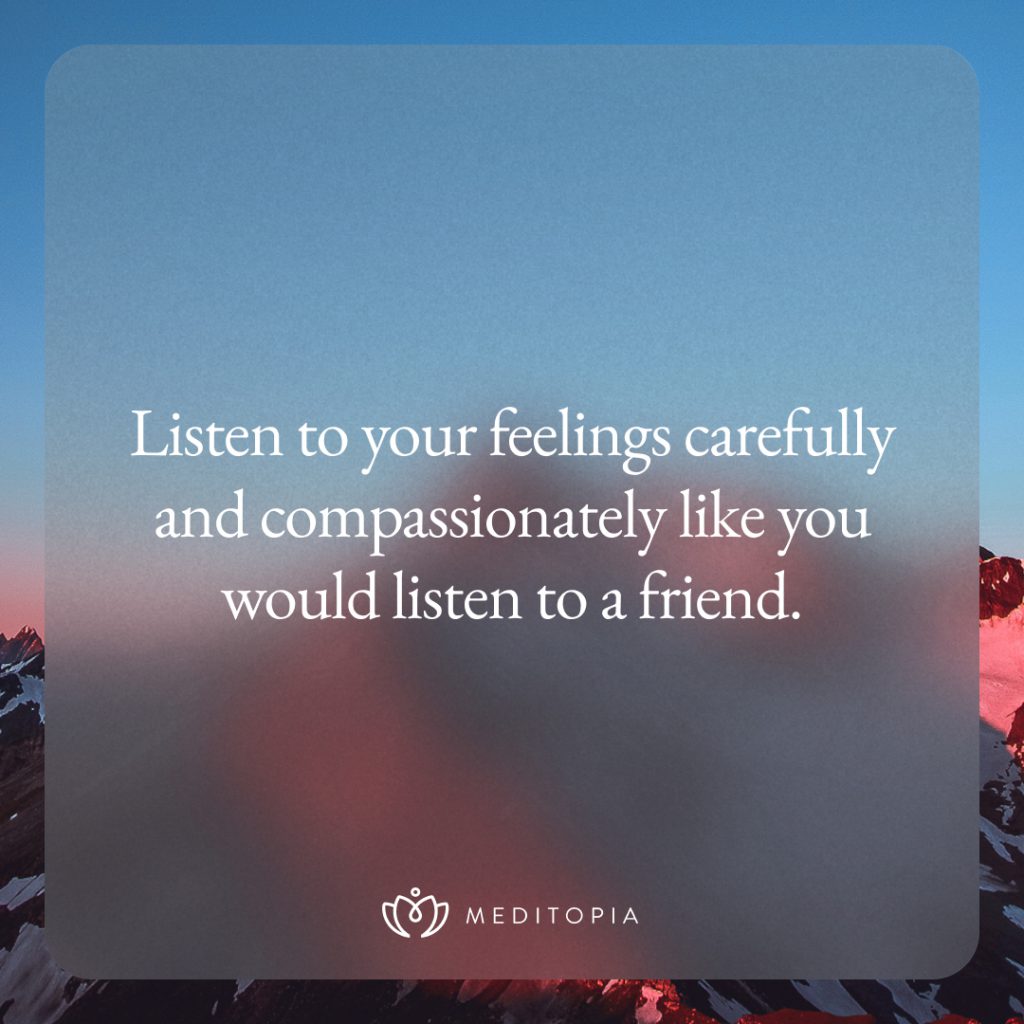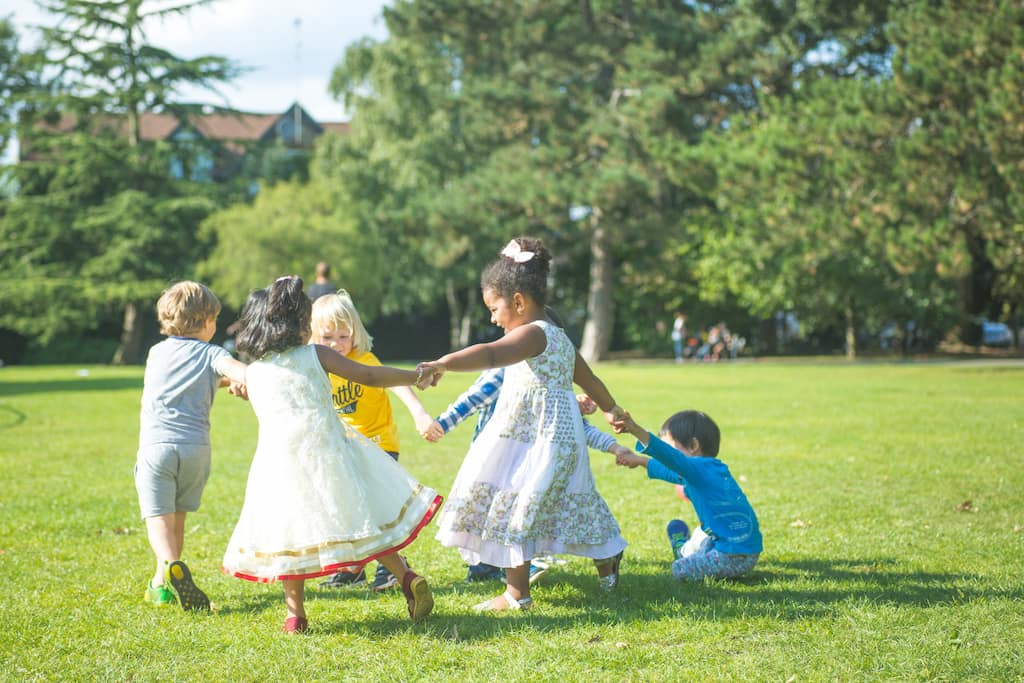Empathy in Kids: Why Is It Important and How Can We Nurture It?

Content
In our daily lives, we hear the word “empathy” so often, don’t we? We ask things like, “What if it had been you?” or, “What would you do if you felt that way?” or we say, “Put yourself in someone else’s shoes,” in order to talk about empathy. Without doubt we all know this sentence by heart, but what exactly does it mean?
Our relationship with emotions starts the moment we’re born. We probably heard our parents or caregivers teaching us how to be empathetic, saying: “Watch out, be gentle with the plant,” or, “Hold the cat lightly so you don’t squish him,” and so on… In this way, the seeds of empathy are planted in the early years of our lives.

Studies show that while children are born with the capability to empathize, they can also learn it from their environment. Children who develop their empathetic skills become aware of individual differences, emotions, and things happening around them.
And while empathy is a skill that can be both learned and developed, it is also one that grows over time and with experience. To nurture empathy in a child, it’s important to spend time in social environments and to be sensitive about their needs. At this point, it’s crucial to know the child’s character, knowing what they like, what bothers them, and what excites them..
What are the consequences of a lack of empathy?
A lack of empathy generally results in individualism and egocentrism. The problems we encounter in the playground continue in our private, social, and work lives when we grow up. Having well-balanced empathy skills helps us consider the consequences of our decisions when it comes to interacting with others in a thoughtful way. Having empathy can also discourage children from bullying others, helping them develop teamwork skills, pursue happiness, protect their boundaries, and hold true to their values.
What are the benefits of having empathy?
Individuals with a developed sense of empathy, which is one of the important components of emotional intelligence, can anticipate how to navigate conflict by examining the facts with an awareness of the relationship between cause and effect. Additionally, children with strong empathy skills tend to help their friends more and are less likely to bully others in their social environments. This ability to work as a team also manifests in their work life when they become adults.
With a sense of empathy, children learn to appreciate, recognize, and express emotions. Empathy allows for a diverse perspective and enhances creativity. Children growing up with the kind of self-awareness that empathy brings often grow up with more respect for the environment and tend to participate in social responsibility and volunteer projects.

Studies show that children with access to music education also have a stronger sense of empathy. When we support children’s interests across a variety of skills, we’ll often see a greater sense of empathy develop as well.
What can caregivers do to foster empathy in children?
- Children often express their emotions with their behaviors even before they’re able to talk. Responding to the child’s emotions with genuine care, without dismissing their feelings, allows children to feel validated and safe expressing themselves.
- Remember, your child is a whole person who exists outside of you and they deserve respect and to know and establish their own boundaries.
- As you’re a model for your child, expressing your emotions clearly and sincerely can also help them to adopt authentic expression and to distinguish between what’s genuine and what’s insincere.
- Meet your child where they are based on their age and maturity level. A child who’s two may have a different perspective than a child who’s six, so keep that in mind.
- It’s very important that your child learn the difference between “you” statements and “I” statements when communicating. For example, you could model this by saying “I noticed that you didn’t clean your room when I asked and I feel like you didn’t listen to me,” instead of, “You didn’t clean your room and you’re not listening to me.” In this way, you encourage the child to express how they’re feeling and also open up an honest dialogue in which all parties are encouraged to communicate clearly.
- One of the most important issues that caregivers should consider is listening skills. When you listen to your child without criticism and judgement, they will feel much safer than if you dismissed or ignored what they say.
- We should keep in mind that the caregiver is responsible for practicing empathy as well as teaching it. While listening to your child, it’s very important that you try to see things from their perspective, asking questions to clarify if you’re unsure of what they’re saying and to demonstrate that you want to work toward understanding.
- One way you can model empathy is through other sources like books. You can read together with your child and ask questions about the characters, their motivations, their fears, their hopes, and so on, creating an imaginative landscape rooted in empathy that everyone can participate in.
- You can also try awareness raising activities when you’re out by starting conversations with questions like: “What can be done so that people will stop throwing garbage on the ground?”
- Children who have a pet or interact with animals also tend to develop a stronger sense of empathy. So, helping stray animals or volunteering at an animal shelter can also be good choices.
- Instead of taking sides or looking for the culprit in sibling and friend quarrels, it’s best to let them express their feelings and work together toward a solution.
- It’s also important that all emotions, the ones that are both positive and challenging, are accepted. Children who grow up in an environment where challenging emotions aren’t accepted have difficulty in understanding and expressing themselves. That’s why it is so important to help them organize their own emotional world by naming emotions aloud.
- Card or role play games can sometimes help to improve empathy skills as well. Making toys talk, enacting some sort of drama around the emotions written on the cards can help the child find solutions to the problems they may encounter in and outside the home.
- Another simple way to create an environment around empathy is playing the mirror game in which you take turns trying to imitate the facial expressions of the other person .Being able to read the facial expressions of others is important for understanding and being understood.
Some Questions to Start Talking About Empathy
- What would the world be like without empathy?
- Have you ever empathized with someone? How did it feel?
- Has someone ever empathized with you?
- Which professions and games require empathy?
- Is there a specific person at your school that you respect? Why do you respect that specific person?
- Which animal, toy, or plant do you think has the strongest sense of empathy?

